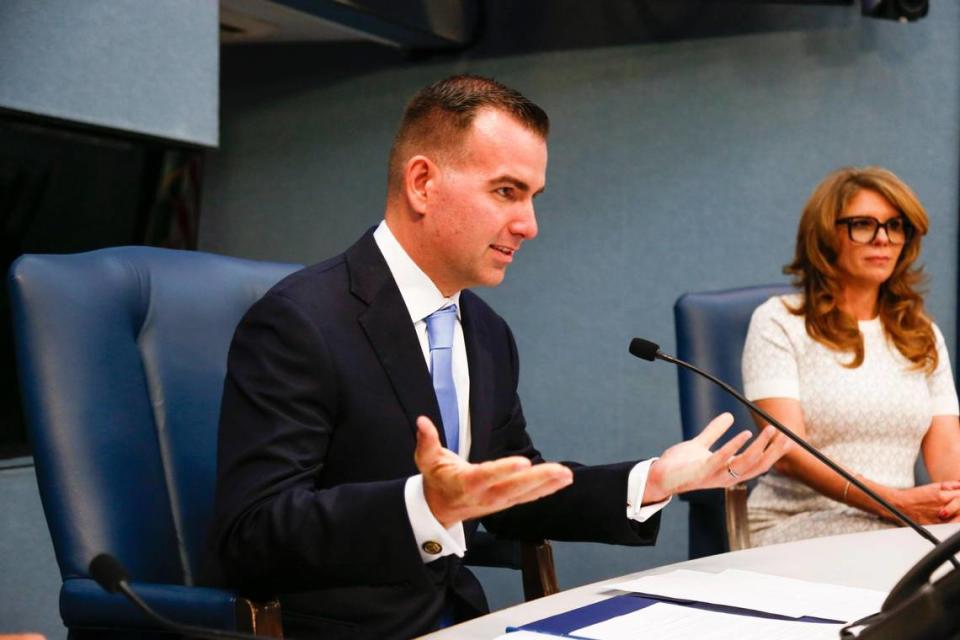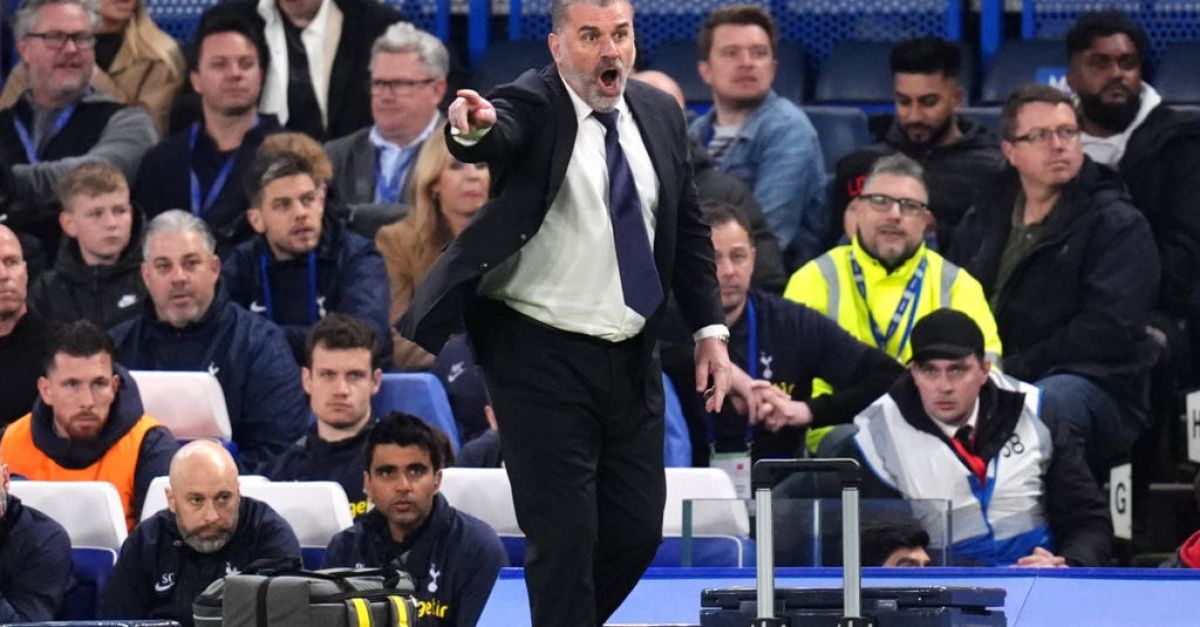Miami-Dade County Commissioner Keon Hardemon on Tuesday publicly criticized Miami Beach’s crackdown on spring break, saying city officials have crafted a “tone deaf” plan for the seasonal event popular with Black visitors.
The comments from Hardemon, one of five Black county commissioners, touched on the sensitive issue of race and spring break in Miami Beach, a city with a Black police chief but no Black elected office holders. In past years, Black community leaders and the local NAACP branch have criticized the city’s approach toward spring breakers as racist and accused police of using unnecessary force.
As the county commission on Tuesday discussed a routine agreement to send officers from the Miami-Dade Police Department to assist Miami Beach police with spring break, Hardemon said: “I don’t want to be a part of anything that can be deemed to be onerous, Draconian, heavy-handed by a municipality that is especially effected upon people that, for the most part, are just like me.”
He questioned why Miami-Dade County routinely picks up the tab for the county police reinforcements requested by Miami Beach and said the county should demand payment for the backup officers.
“I just don’t think that we should write them a blank check to … mistreat people in our community,” said Hardemon, 40, a lawyer and former Miami city commissioner.
At Tuesday’s meeting, a county lawyer pointed out that Miami-Dade’s longstanding “mutual aid” agreements with local cities like Miami Beach prevent the county from billing for police services when a municipality requests county help. In turn, Miami-Dade can call on municipal police forces to help with county operations or events. Because of the nature of that agreement, Hardemon’s request did not result in county action as Miami-Dade prepares to send about 80 county officers to Miami Beach for spring break over the next two weekends.
Hardemon acknowledged that the county plays a part in maintaining public safety, while at the same time questioning Miami Beach’s approach.
“I think that all of us know that, even though we have responsibilities to keep order in the community, that some of the things that they’re doing go way beyond that,” Hardemon said of the city’s crackdown this year. “I think they’re doing it wrong.”
Hardemon declined to elaborate on his remarks after the meeting.
City leaders have defended their strategies as a response to the overwhelming crowds and unruliness that comes with so many young visitors crowding into the barrier island. Each spring break season, the city has responded with a beefed-up police presence, zero-tolerance warnings and public pronouncements that Miami Beach is fed up with spring break crowds and violence.
“We don’t want spring break mobs,” Miami Beach Commissioner Alex Fernandez told the Miami Herald on Tuesday. “We know we will get spring breakers, but we don’t want the law breakers we’ve seen in past years.”
READ MORE: DeSantis will send troopers to Miami Beach, other cities during spring break
This year’s plan, spearheaded by newly elected Mayor Steven Meiner and praised by Gov. Ron DeSantis, follows multiple years that saw shooting deaths, fights and police deploying pepper spray to break up rowdy crowds.
Ahead of March, the city launched a publicity campaign announcing a “break up” with spring break. The public messaging is being accompanied by garage closures and parking fees as high as $100 for nonresidents on high-impact weekends. The city is also doubling towing fines, placing security checkpoints at public beaches and adding license-plate scanning operations that are expected to cause weekend gridlock.
READ MORE: ‘It’s not us, it’s you’: Watch Miami Beach’s impassioned plea to spring breakers
Fernandez, the Miami Beach commissioner, said he watched Hardemon’s remarks Tuesday and called them “inflammatory and highly offensive.”

He noted that Miami Beach residents pay county taxes that help fund the Miami-Dade Police Department and cited a city report showing that Miami-Dade residents made up more than half of the roughly 600 spring break arrests made in 2022 and again in 2023.
“The measures we put in place — and the support we’ve received from Miami-Dade police — are designed to ensure the safety of our residents and visitors, many of whom are Black college students,” Fernandez said.
Signup bonus from





